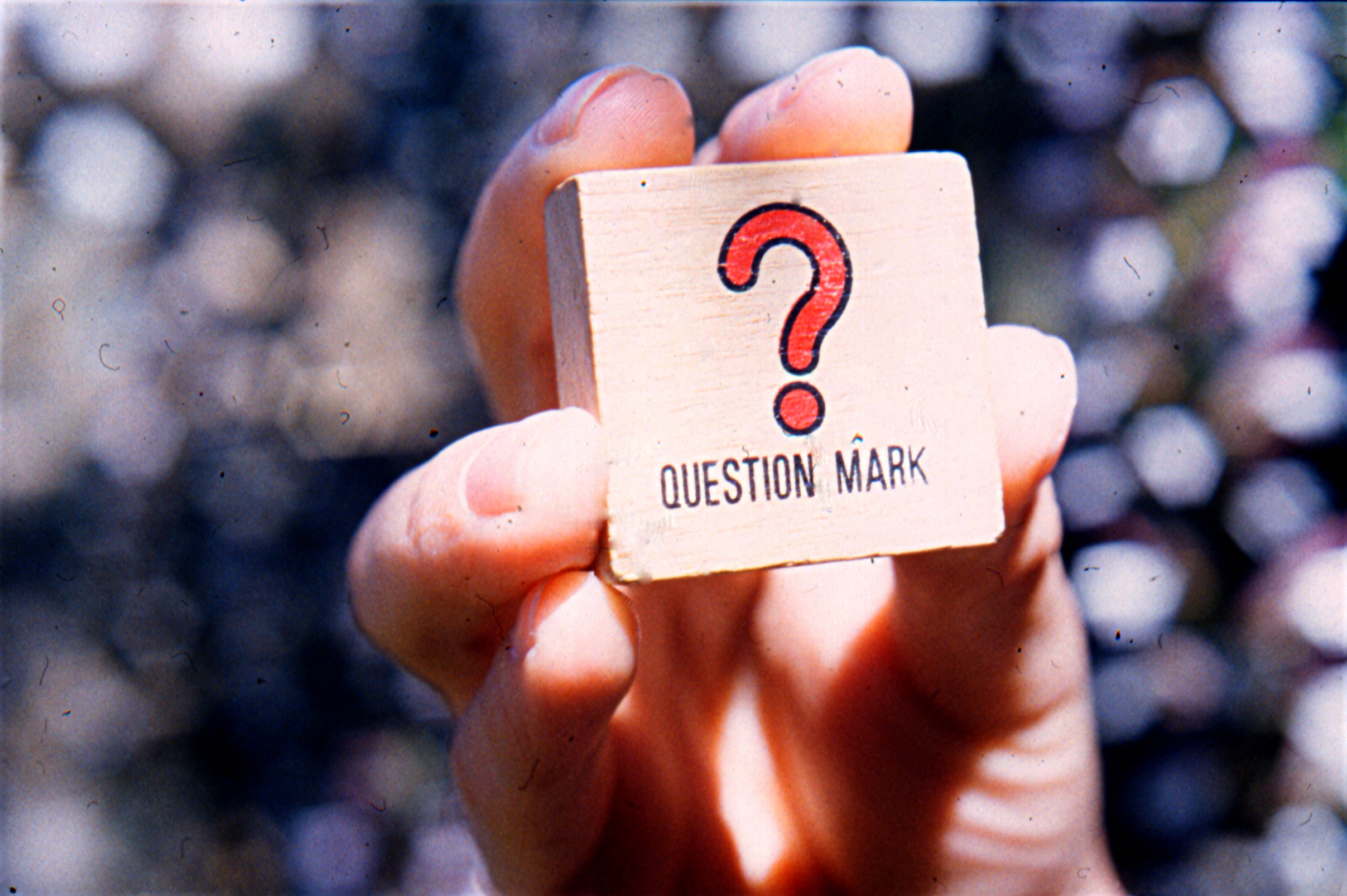Discernment: what to ask before you begin
photo by K. Eliot
Ok, so there's some questions I ask every time before choosing to work with someone on a project, event or long term initiative. They help me get a sense of the landscape and discern if the conditions are in place for me to do my best work. People often ask me for these, so here they with a little decryption after each one:
What is the long-term purpose? What is the larger aspiration? What bigger picture or strategy this engagement process part of?
We have got to have a good understanding of the overall context things are happening within. There is always larger circumstance that is provoking the need to meet and/or take action. Knowing what this is massively informs what would be helpful and the purpose of whatever you are undertaking.
What is the short-term purpose—the actual engagement? How does this process fit in the bigger picture?
Understanding and clearly articulating the purpose of what you are undertaking is essential. The unique role of what you are trying to achieve can position you for realistic outcomes - rather than expecting it to change everything all at once. Purpose is "the invisible leader" (Toke Moeller) to everything that follows. Unclarity here - or lots of different understandings among a team lead to breakdown and confusion. Clear purpose is magnetic and draws in people, resources, new ideas—basically all the good stuff you want.
What are the context and the "givens"? Non-negotiables? What can the participants not change?
Let's know what is off limits! That way we do not need to waste our time on it. Knowing the givens is like drawing the white lines on a soccer pitch. It makes for a better game. The clarity of the field of play or envelope of the work is a gift. Communicate it loud and clear as part of everything you do … that way there will be no false expectations and people will know what they are coming to.
What is the "clay" of this process? What can the people change and influence by participating?
A meeting is only worthwhile if we can actually change and influence something by participating. Otherwise you could just send us a memo or do a an information session! Clearly articulating what can be changed is the compelling invitation people will need to fully participate - whether we are calling a meeting or a 5 year strategic planning process.
Who will—or needs to—be participating? What views is it essential we engage for success? How have those people already been engaged? Who are the stakeholders? Who will be most affected by this engagement?
Understanding who will be impacted is essential to good design and planning for scale of the work. I believe that those who are impacted need to be involved—"If it is about us, don't do it without us". All too often systems, services, products, programs, infrastructure etc are designed without fully engaging the people who will be most impacted or the most frequent users. These questions get us beyond our own egos into what is truly helpful. I always ask "who else?" once this conversation seems to be at its end.
What or who are you afraid of?
Always good to know our fears and limiting beliefs—that way, they can be our conscious companions, rather than underground, invisible movers and shakers! Some of the fears are also fears of the process itself, which can be worked through in early conversations. For example, people often seem afraid that the process will be hijacked if it is participatory - once the fear is surfaced it is possible explain how the design of participatory sessions is built to surface collective voice rather than the voice of the loudest individual. Equally often I encounter the fear that minority or marginalized voices will get lost in collective swamp … if you surface the fears you can meet then head on and design for them, if necessary.
What are the outcomes you want and how will you work with them?
Let's get clear on what information and outcomes you want and how they are going to be used. Is it leverage points? action teams? Who will make final decisions? What is the level of accountability that is being built in? Is there an infrastructure we need to put in place to support the actions being developed? etc … you get the idea …
Who are the callers here? Who is at the heart of this project and the final decision makers? Who do I need to trust to make this happen?
Know who is putting their credibility, passion and more on the line for this to happen. Who is the change leader - courageously stepping up to do something in the face of uncertainty? That is the ally. That is the persons or group that I want to be working directly with.
What would success look like for you at the end of the day?
Not outcomes but success. What's the feeling inside people, in the room, across the system. What will have changed and be different as a result?
What are your own questions in connection to this work?
Let's get them out there. That way we can navigate them as we go along.
Hope this is helpful! Lots more to say but this seems plenty for now! Comments, ideas, alternative questions please!
This post was originally published at Tim Merry's site.

